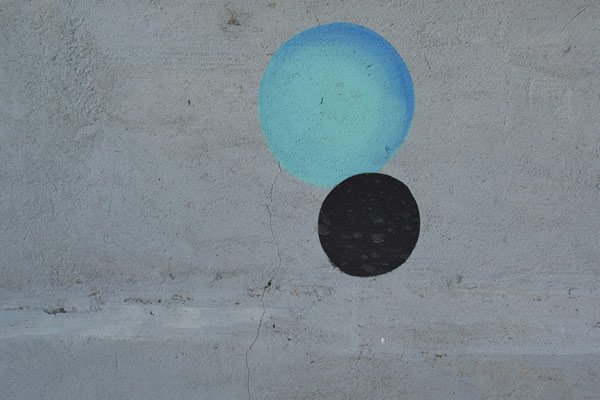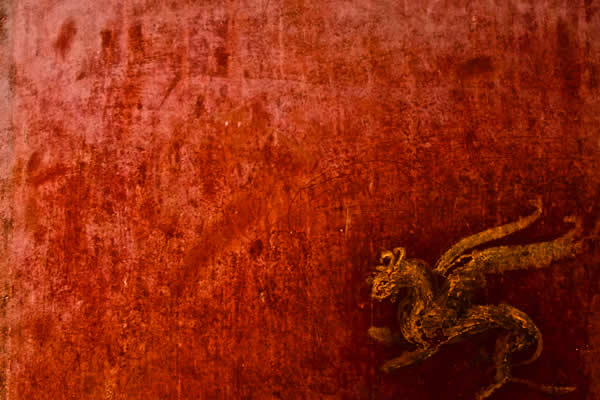What do fact-checkers need about technology? Answers: the ethical values that frame journalism and fact-checking practices, a human-in-the-loop approach, and trusting the tools they use. Research on the use of technology also highlighted that the representation of the tool, the context of use, and the user experience are three factors that contribute to shaping human-machine interactions. These starting points contributed to building a research framework that we will discuss in the next few weeks in Belgium, Canada, Switzerland, Spain, Norway and the UK. The following calendar provides an overview of (a part of) our ongoing research works at the University of Bergen for the NORDIS project –a part of the European Digital Media Observatory (EDMO).
Guest Lecture
AI and Journalism: from Professional Practices to Ethics
05-17-2023, online
UGent (Belgium) – Historische Kritiek van Woord en Beeld in de Massamedia
Conference
Fact-Checking the Russian-Ukrainian War: Assessing the Challenges of Resources and Contexts
With Carl-Gustav Lindén
ICA Pre-Conference on the Global fact-checking movement
05-25-2023, Toronto (CA)
Abstract
February 24, 2022. Russia invaded Ukraine. Almost one year after the start of the war, fact-checkers from 112 organizations established worldwide had published more than 2.749 fact-checks, according to the #UkraineFacts platform, which gathers signatories of the International Fact-Checking Network (IFCN). However, the attempts to manipulate public opinion, including propaganda discourses spread on social media, are not new in this conflict that started in 2014 (e.g. Khaldarova & Pantti, 2016; Mejias & Vokuev, 2017). They aim to serve political ends by emphasising and omitting specific sources and perspectives and using textual and visual languages to forge narratives (Boyd-Barrett, 2016) to blur the distinction between fact and fiction, what’s true or false (Arendt, 1951).
Our study aims to understand the challenges professionals face to fact-check the Russian-Ukrainian war through three research questions: (1) What specific difficulties do fact-checkers encounter? (2) Are these challenges influenced by their socio-professional context? (3) Do they consider having sufficient resources to carry out their work effectively?
Workshop
Master Class on Data Journalism and Ethics
Alliance of Independent Press Councils of Europe (in collaboration with Université Libre de Bruxelles and European Federation of Journalists)
06-02-2023, Brussels (BE)
The ethical challenges faced by data journalists meet those related to AI-driven journalism practices (data gathering, data analysis) but are also related to visual storytelling.
Workshop
NORDIS – Fact-checking the Ukraine war
06-05-2023, Bergen (NO)
Preliminary results and NORDIC specificities.
Conference
The Ethical Dimensions of Data Quality for Automated Fact-Checking
With Carl-Gustav Lindén and Andreas L. Opdahl
06-22/24-2023, Zurich (CH)
Automated fact-checking (AFC) has grown in popularity to address the online spread of misinformation, propaganda, and misinformation about critical contemporary issues. Various natural language processing, machine learning, knowledge representation and database techniques have been used in AFC, whereas, from an end-user perspective, little attention was paid to the quality of the datasets feeding these information systems. Considering the recognised need to blend AI-based tools with journalistic values, this research proposes a practical framework for assessing and improving data quality when developing or implementing AFC systems. Drawing on an interdisciplinary approach, it contributes to understanding how to better align AI-based solutions with ethical standards in journalism and fact-checking.
Conference
Fine-tuning Languages: Epistemological Foundations for Ethical AI in Journalism
10th IEEE Swiss Conference on Data Science
With Carl-Gustav Lindén
06-22/23-2023, Zurich(CH)
Abstract
The development of AI-based solutions in newsrooms aims to automate specific tasks or help journalists understand complex data to enhance the reporting and dissemination of news. Professionals involved in these editorial processes are neither trained in journalism nor considered journalists. They also hold different views on what technology and journalism are or should be. At the same time, there is a recognized need for blending AI systems with journalistic values. From an epistemological perspective, the challenge is apprehending the shifts in meaning and approaches to accuracy, objectivity, and transparency.
Conference
AI in the newsroom: A data quality assessment framework for employing machine learning in journalistic workflows
CARMA 2023, Internet and big data in Economics and Social sciences
With Carl-Gustav Lindén, Andreas L Opdahl, Sohail Ahmed Khan and Diana Carolina Guerrero Rojas
06-28/30-2023, Sevilla (ES)
AI-driven journalism refers to various methods and tools for gathering, verifying, producing, and distributing news information. Their potential is to extend human capabilities and create new forms of augmented journalism. Although scholars agreed on the necessity to embed journalistic values in these systems to make AI-driven systems accountable, less attention was paid to data quality, while the results’ accuracy and efficiency depend on high-quality data
Conference
Countering Disinformation in the Nordic welfare state (NORDIS panel)
Context Matters: Exploring the Multidimensional Challenges of Nordic Fact-Checkers
With Carl-Gustav Lindén
08-16/18-2023, Bergen (NO)
Conference
Exploring the sociotechnical imaginaries of AI and the disruptive nature of ChatGPT in journalism
With Carl-Gustav Lindén
09-04/06-2023, Glascow (UK)




